Carbon Copy: Survivors of weather-related disasters push for stronger action from nations
Sign up now: Get ST's newsletters delivered to your inbox
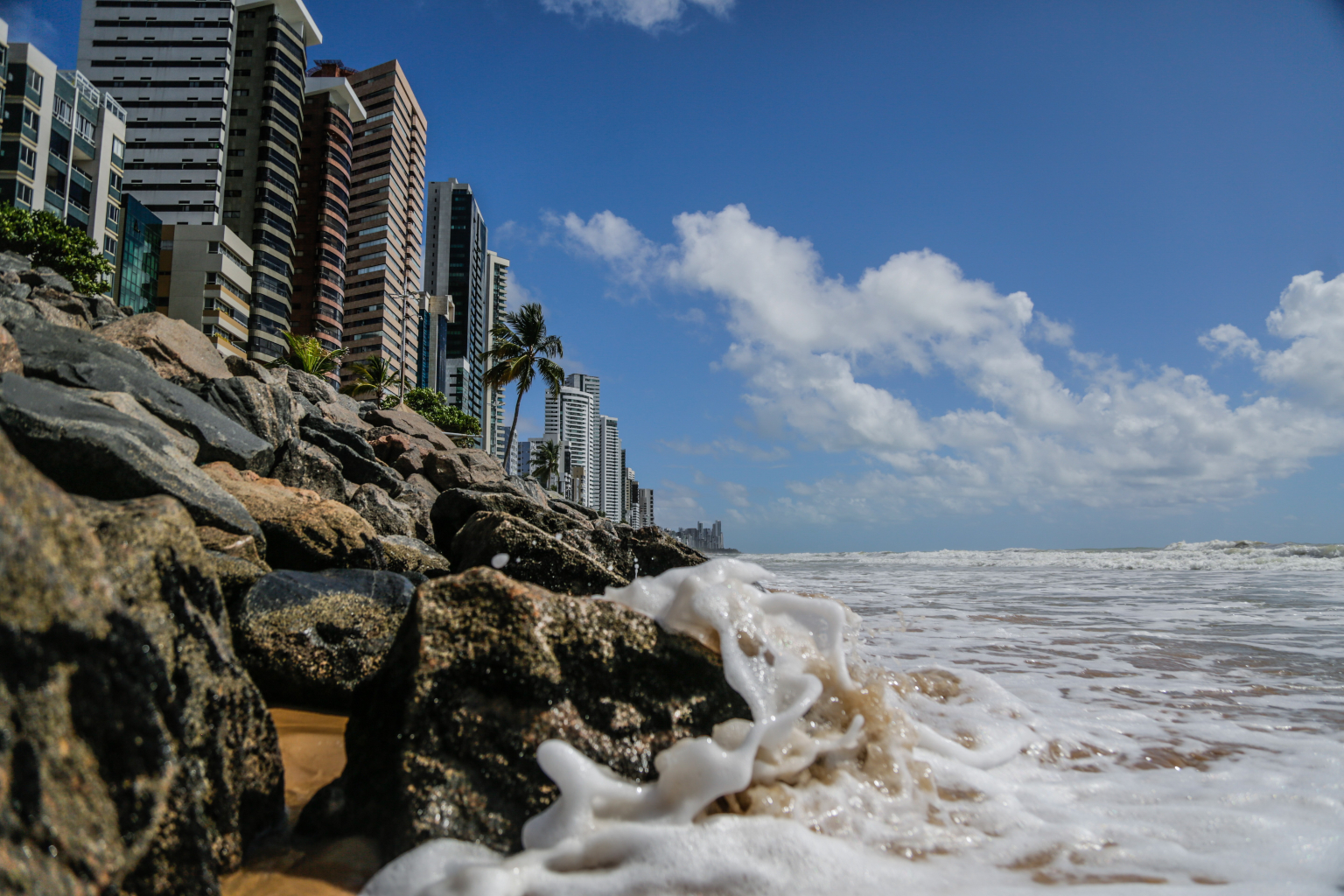
Some climate impacts such as sea-level rise are now irreversible over hundreds to thousands of years.
PHOTO: EPA-EFE
GLASGOW - Many climate change projections are for the future.
But forecasts for sea-level rise or the increasing frequency of droughts and heatwaves by 2050 or 2100 often mask the impact that changing weather patterns are wreaking on societies today.
Different parts of the world feel these impacts differently.
Those with resources can adapt to the changes by building farms indoors to keep crops safe from extreme weather patterns, developing drainage infrastructure to reduce flooding, or protecting coastlines with seawalls or other coastal infrastructure.
But those with fewer resources face irretrievable loss and damage caused by climate impacts, both to life and livelihoods, and infrastructure.
These impacts would continue even if all countries in the world were to stop burning fossil fuels and cutting down forests tomorrow.
In August, the United Nations' Intergovernmental Panel on Climate Change warned in a major report that some climate impacts such as sea-level rise are now irreversible over hundreds to thousands of years.
Developing nations will bear the brunt of these impacts, even if they did not contribute as much to the global warming problem as developed countries, which have for decades been putting planet-warming gases into the atmosphere as they grew their economies.
While nations agreed under the Paris Agreement to address loss and damage from climate change, rich countries have held back on providing finance for this specific purpose due to concerns over liability claims and the risk of being sued by developing nations.
Climate impacts that cannot be, or have not been, reduced by adaptation efforts are referred to as "loss and damage" in the context of the ongoing negotiations at the COP26 climate change conference in Glasgow.
Some forms of loss and damage are also intangible, and can include the loss of biodiversity, cultural monuments and traditions, and sacred sites.
Monday (Nov 8), which marked the start of the second and final week of talks in the Scottish city, was designated as adaptation, loss and damage day.
Two related issues - the development of a loss and damage fund, and mobilising finance for climate adaptation - are major sticking points at COP26.
1. Survivors from the climate front lines
On Monday, survivors of weather-related disasters told their stories and urged negotiators to listen and push for stronger action.
Ms Marinel Ubaldo from the Philippines said this week marked the 8th anniversary of typhoon Haiyan, which killed more than 6,000 people in the Philippines.
"I am a climate justice advocate, a daughter of a fisherman and a survivor of Super Typhoon Haiyan. Today, we're still shouting for justice for our friends and relatives, for our families who have lost their lives because of climatic disasters," said Ms Ubaldo of Aksyon Klima Pilipinas and an ecological justice and youth officer of Living Laudato Si, a Philippine non-profit organisation.
"The Filipino youth are fighting for a future that is not riddled with anxiety and fear that another Haiyan might come to threaten our loved ones, lives and dreams. We do not deserve to live in fear. We deserve a hopeful future."
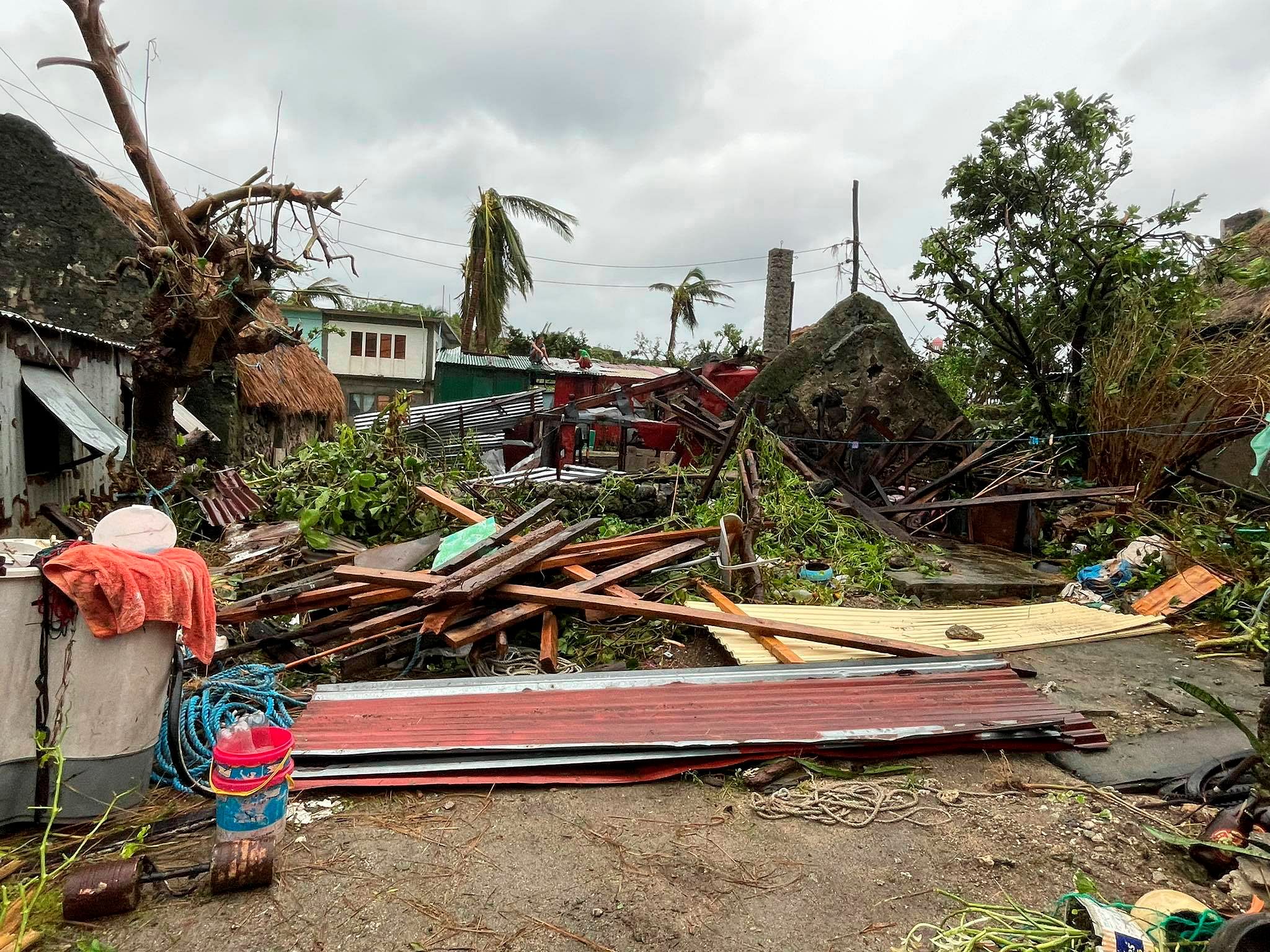
Damaged buildings and debris are seen after Typhoon Chanthu passed through Sabtang, the Philippines, in this photo taken on Sept 12, 2021. PHOTO: REUTERS
Ms Ubaldo, 24, has been involved in legal efforts to hold big polluting coal, oil and gas and cement firms responsible for their planet-warming emissions.
"We want them (carbon majors) to acknowledge that they should be accountable and they are legally liable for the human rights violations linked to climate impact."
Wealthy nations are also suffering worsening climate extremes, such as wildfires.
In Australia, fire seasons have become longer and the fires more intense.
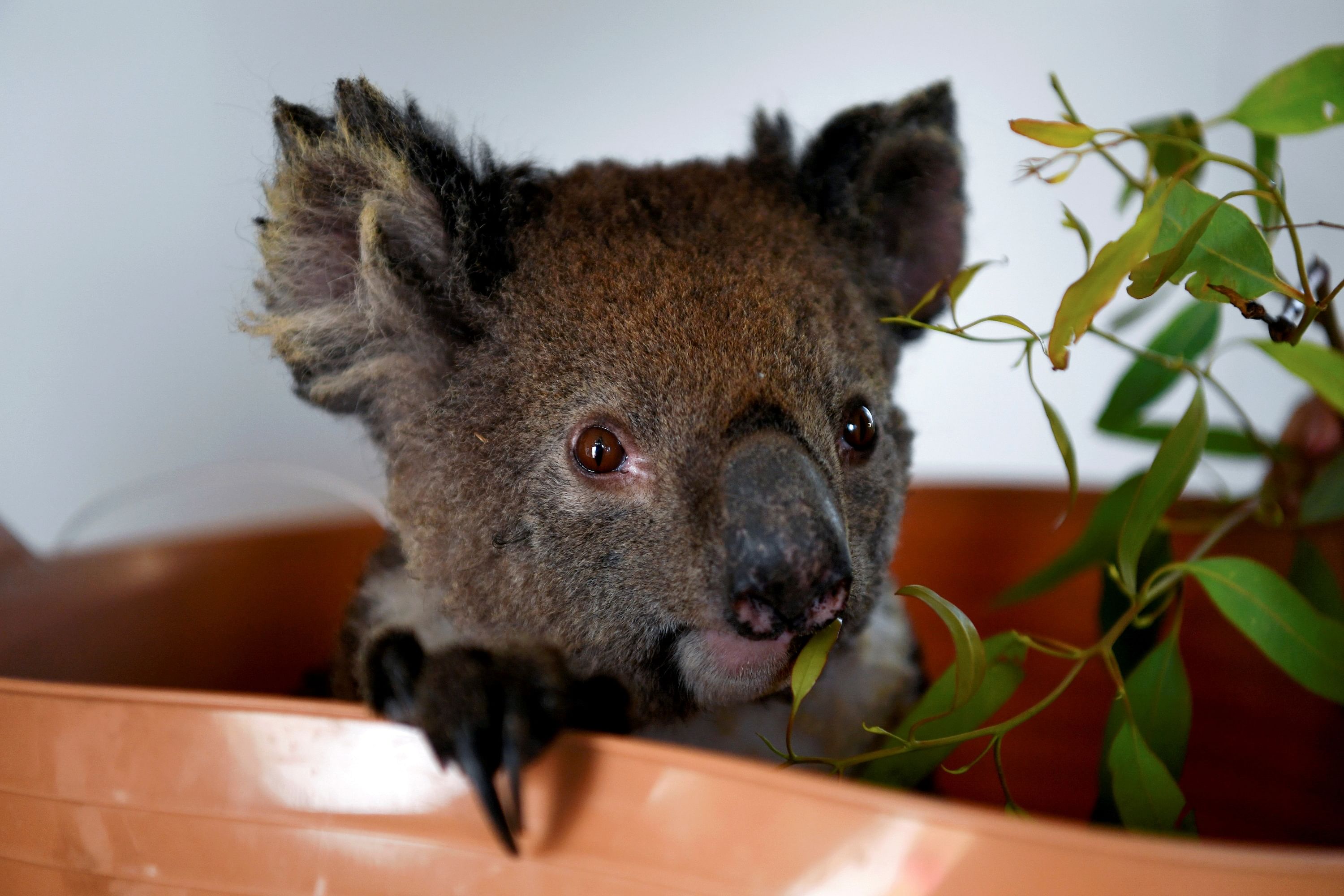
In March 2018, a fire swept rapidly through the small coastal town of Tathra in New South Wales' South Coast.
Ms Jo Dodds narrowly escaped the flames and while her home was spared, dozens of others were destroyed in the town of 1,600 people.
Fires can now occur in winter, said Ms Dodds, a local councillor.
"That's how dangerous it is now in Australia," she said, pointing to thousands of homes lost in recent fires, particularly the record fires along the east coast between August 2019 and February 2020.
"I've got friends who are rebuilding, who are now scared that they're going to lose their new home in the next fire because it's just around the corner," she said.
The impact on mental health from escalating disasters needs addressing, she added.
"We're not even coming close to addressing this. And with the compounding of disaster after disaster, it's a whole new field because people are traumatised and then traumatised and then traumatised. It's not a single event any more. It's a lifestyle of catastrophe."
2. Extreme heat could severely impair developing economies
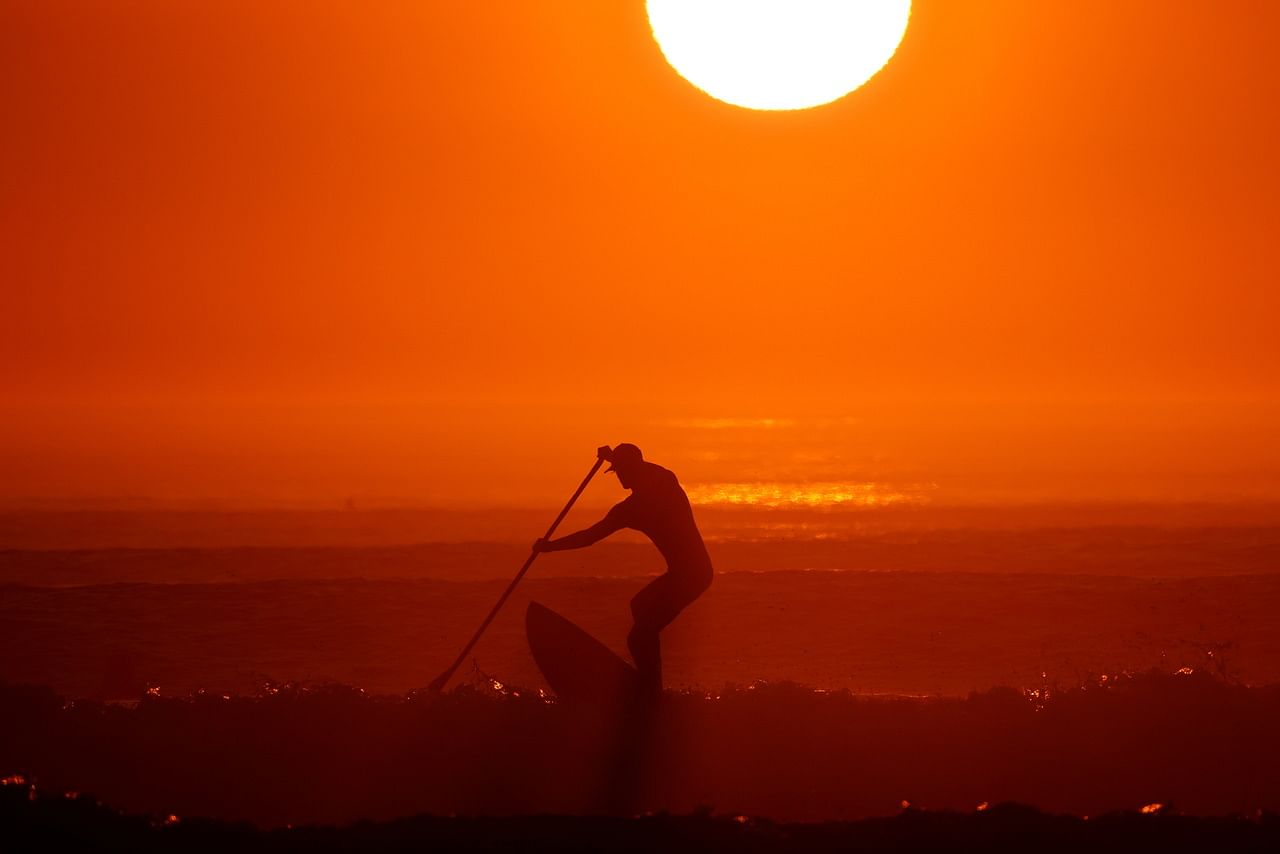
Based on climate pledges made in October, the world is on track to experiencing a temperature rise of 2.7 deg C above pre-industrial levels by century-end.
PHOTO: REUTERS
A new study commissioned by non-government organisation Christian Aid and published on Monday found that the economies of developing countries could suffer gross domestic product (GDP) declines of up to 64 per cent by 2100 based on current rates of warming.
The study found that if global temperature rise reaches 2.9 deg C by the end of the century, the most vulnerable countries can expect to suffer an average GDP hit of 19.6 per cent by 2050 and 63.9 per cent by 2100.
The study also showed that even if climate action plans are updated to limit the warming to the 1.5 deg C threshold that scientists say will help the world avoid harsher climate impact, the economic losses could be 13.1 per cent by 2050 and 33.1 per cent by 2100.
The study, coordinated by Humboldt University economist Marina Andrijevic, analysed the climate-driven GDP hits for countries that are disproportionately affected by climate impacts.
They include nations such as Sudan and Bangladesh and small, low-lying island nations across the globe, including the Maldives, Seychelles, Tuvalu and Timor Leste.
The findings add pressure on nations to agree on rules relating to climate finance for developing nations, and on a fund to compensate nations for loss and damage.
3. Former US president Barack Obama speaks up for island nations
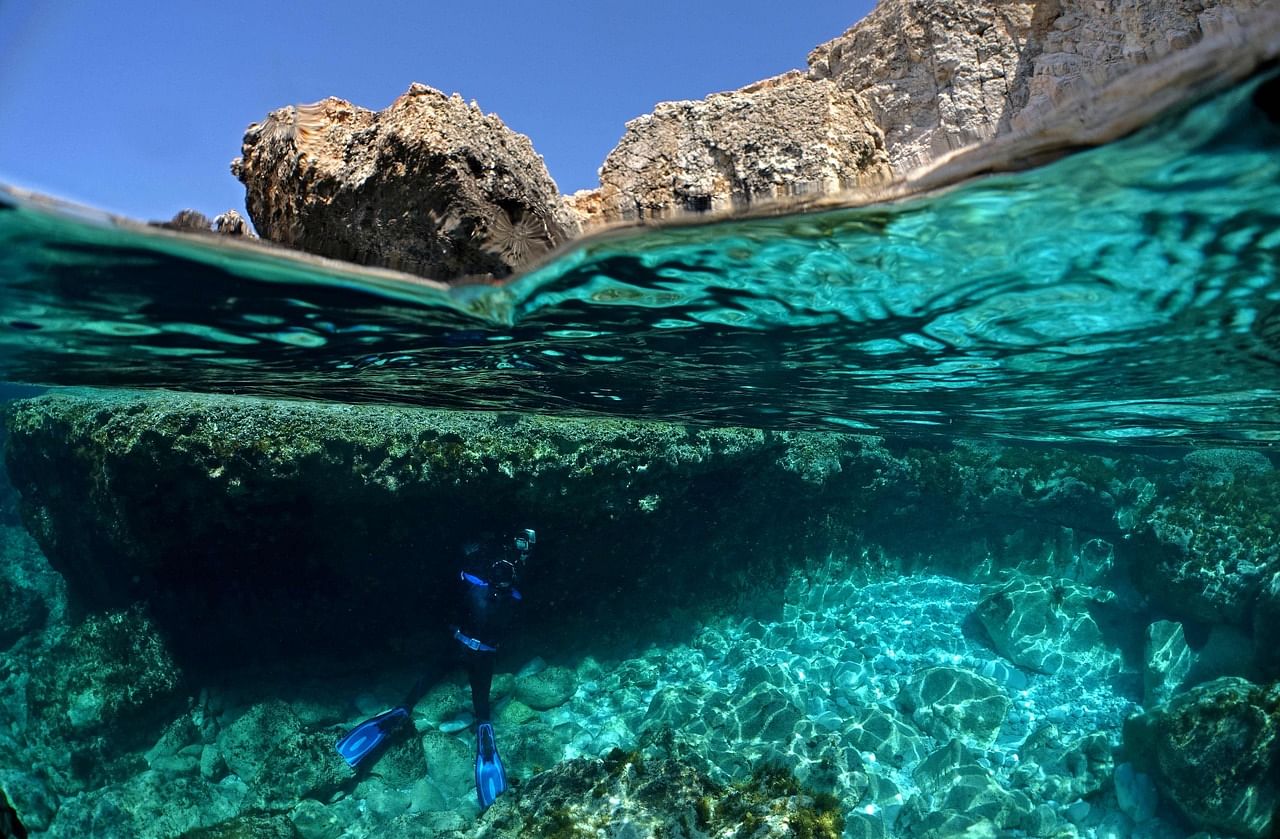
The tales of island nations at the 2015 climate talks had been crucial to the resulting Paris Agreement.
PHOTO: AFP
Mr Obama, who grew up in Hawaii, on Monday called on nations gathered at COP26 to address the risks that island nations face from rising sea levels.
"I have been shaped by my experience growing up in Hawaii," Mr Obama said.
He added: "We have to act now to help with adaptation and resilience."
4. Scotland pledges £1m fund for climate loss and damage
On Nov 1, First Minister of Scotland Nicola Sturgeon was the first politician to move on the loss and damage front, pledging £1 million (S$1.8 million) in investment to tackle loss and damage from climate change.
"Climate justice has to be at the heart of COP26 - and the Scottish Government is working to ensure that it provides a platform for unheard voices," she said.
"I hope this will galvanise other organisations to support the partnership - and show world leaders that where small nations lead they can follow, by making similarly ambitious commitments during COP26."


